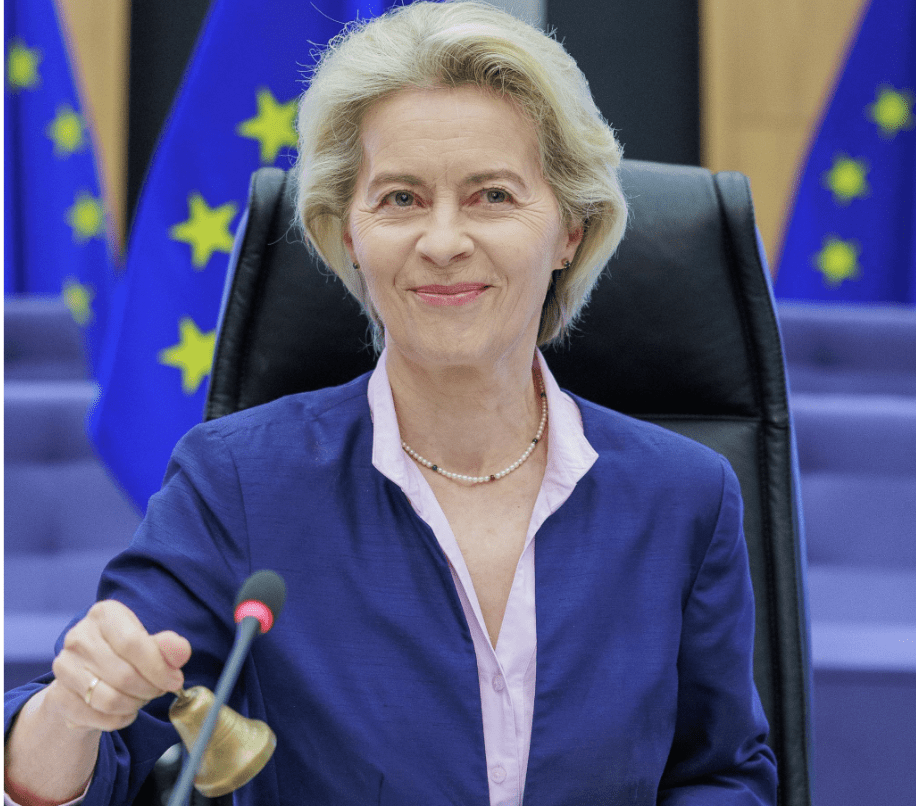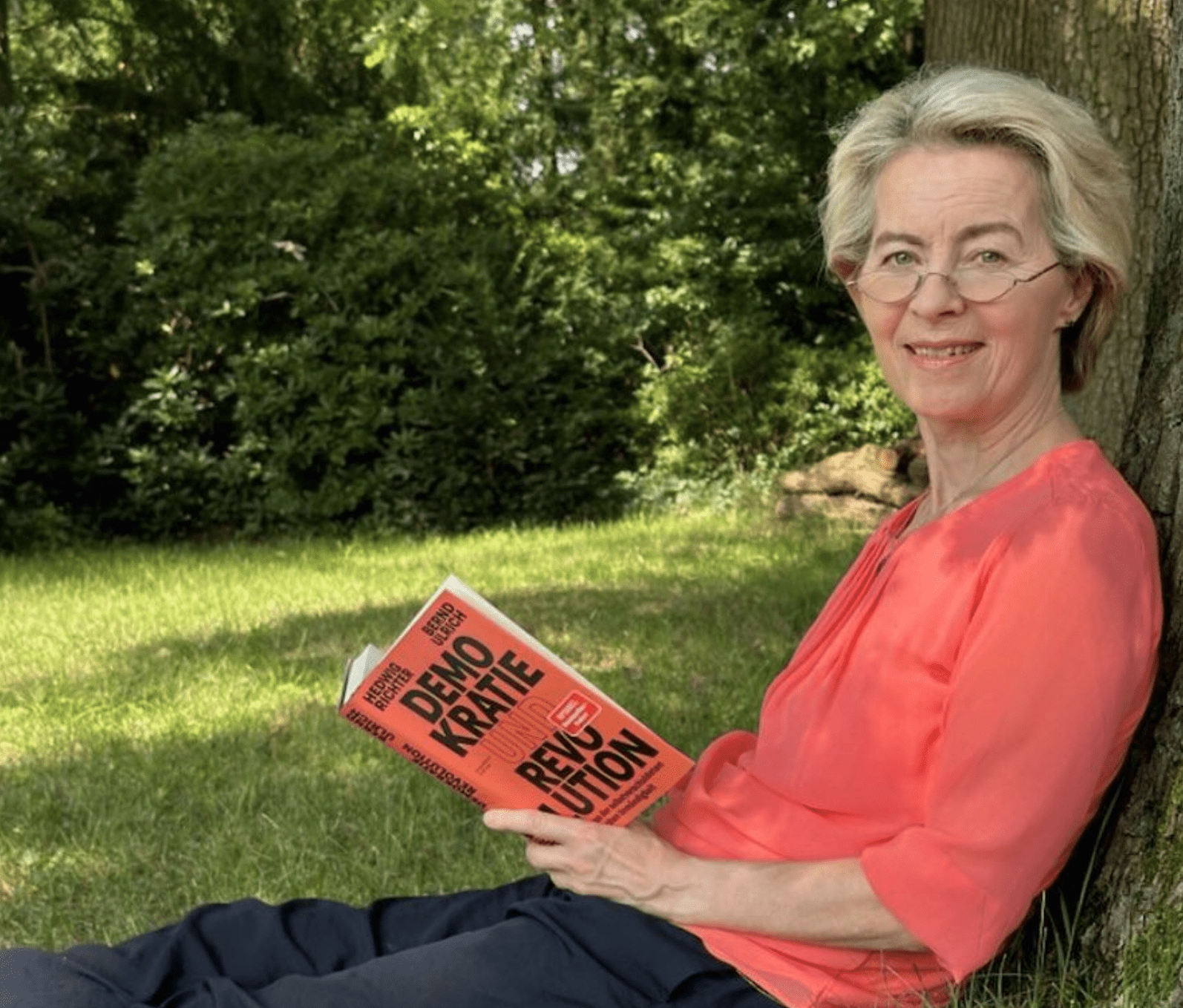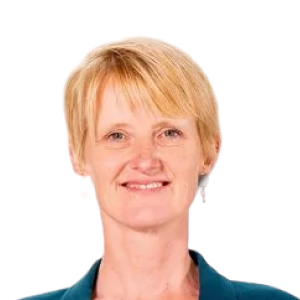Von der Leyen's Second Term Should Deliver Reforms that the EU so Desperately Needs
European politics has become more fragmented which makes governing a tall task, but also makes the EU more political. After decades of being perceived as too technocratic and distant, the fight for the European Union’s top jobs became more highly anticipated and much more political.

After the results of the 2024 European Parliament elections poured in, the President of the European Commission, Ursula von der Leyen, declared that the pro-European center held and that her lead candidacy for the European People’s Party had been a success.
While von der Leyen’s own center-right party grouping indeed gained in seats, and the center-left grouping Socialists & Democrats & Democracy only to lost a few, the third party grouping of the center, the liberal Renew, fared way worse.
These losses of the liberals were among the largest in member states, such as Germany, the Netherlands, and Spain, but it was the poor showing of the party of French President Emmanuel Macron, Renaissance, that received lots of news coverage after the election.
The far-right party of Marine Le Pen, the Rassemblement National (RN), gained more than twice the votes of Renaissance in France, and Macron caught even party insiders by surprise as he called a snap election. While RN did much worse than in the European elections due to the less permissive electoral rules, Macron lost to a United Left Front. Who will become the next French prime minister is still not clear.
There is not only a battle for the political leadership in France, but also in Brussels. While Von der Leyen secured her second term, this time as the leading candidate of the European People’s Party, securing her majority required lots of concessions and backroom deals with not only the three centrist party groupings but especially also with the greens.
In her speech to the parliament, she outlined a broad program aimed to satisfy the broadest appeal of the four mainstream party groups in the European Parliament: Conservatives, Social Democrats, Liberals, and Greens. Von der Leyen talked about housing costs, reducing regulations for companies, paying attention to farmers’ needs, the importance of defence, and climate protection in a speech that sounded more like a Christmas wish list than a coherent policy program.
It is clear that the speech was a nod to the centre, excluding political forces further to the right, such as Italian Prime Minister Giorgia Meloni’s far right ECR. Yet, her speech included quite some tough words on migration that might appeal more to the right and less to the center and left.
This raises the question if Von der Leyen’s program is trying to be everything to everyone and therefore not effective. It is unclear how the Von der Leyen Commission can propose legislative proposals that will satisfy all stakeholders.
The left and green groups will want concessions so that the European Green Deal will be left untouched and migration policy is not pushed to becoming too restrictive. While the right, pushed right by domestic far right electoral victories across the European continent, might want the opposite.
European politics has become more fragmented which makes governing a tall task, but also makes the EU more political. After decades of being perceived as too technocratic and distant, the fight for the European Union’s top jobs became more highly anticipated and much more political.
A New Political Mandate
Navigating a more political Commission will be difficult for all involved, but it clearly shows that the outcome of the European Parliament elections matters and has an impact on what happens in Brussels. This also signals to voters that it matters who will lead the European Commission, both in terms of personalities and policies.
The elections for the second largest democratic assembly body in the world, after the parliament in India, are finally becoming more important for the policy direction of the European Union and how Europe resonates with voters. Regardless of which policies will be implemented in the end, this can be considered good news for democracy in the European Union.
My recent research with colleagues suggests that a large majority of Europeans today are aware that Von der Leyen is the European Commission President, considered to be the most powerful political office in the EU. Previous EU chief executives have been largely unknown to the public. But almost 75% are able to correctly identify von der Leyen’s name and recognise her face. Five years ago, her predecessor, Jean-Claude Juncker, scored only 40% recognition.
Von der Leyen has become a household name in Europe. Public awareness of coordinated EU responses to two major crises that have unfolded during von der Leyen’s first five-year term – the Covid-19 pandemic and the war in Ukraine – has raised her profile well beyond predecessors’. This opens a window of opportunity. With Von der Leyen’s unique public profile, voters for the first time can see a clear democratic connection between their role in directly electing MEPs and the appointment of the commission President. This provides a mandate for decisive political action.
With her new mandate, Von der Leyen should borrow from the playbook of her best-known predecessor, the French socialist Jacques Delors. Delors used his second term to set out a plan for economic and monetary union and started the process that led to the 1992 Maastricht treaty. Von der Leyen needs to propose an equally ambitious reform agenda – seeking to build broad support for it within the commission and between EU governments (who make up the law-making European Council) and the political groups in the European parliament. This reform agenda should be about more than making the EU’s institutions internally ready for a potential enlargement to 30 members; it should also focus on policies.
So what should this reform be about? A major area where reform is needed concerns defence. Not only is a greater defence capacity needed to meet rising geopolitical tensions and act as deterrence, the funding for this needs to be released, and technology and industrial policy needs to be reoriented. Reform is surely more difficult with 27 member states than with the dozen of Delors’ day. Unlike Delors, however, von der Leyen will be able to claim that she has the backing of Europe’s voters, and that could make a critical difference.
No reform package, no matter how well put together, will be able to make the EU fit for the future. But with enlargement and more geopolitical challenges looming, it is absolutely essential that European leaders shape the EU to strengthen the Union's capacity to act.
The EU should not wait for the next crisis, it will surely come. European leaders have a proven leader at the helm in Ursula von der Leyen, who has given the EU a public face. Now member states only need to support her Commission moving forward in order to shape the reforms that the Union so desperately needs in these turbulent times.

The EU should not wait for the next crisis, it will surely come. European leaders have a proven leader at the helm in Ursula von der Leyen, who has given the EU a public face
IEP@BU does not express opinions of its own. The opinions expressed in this publication are those of the authors. Any errors or omissions are the responsibility of the authors.
